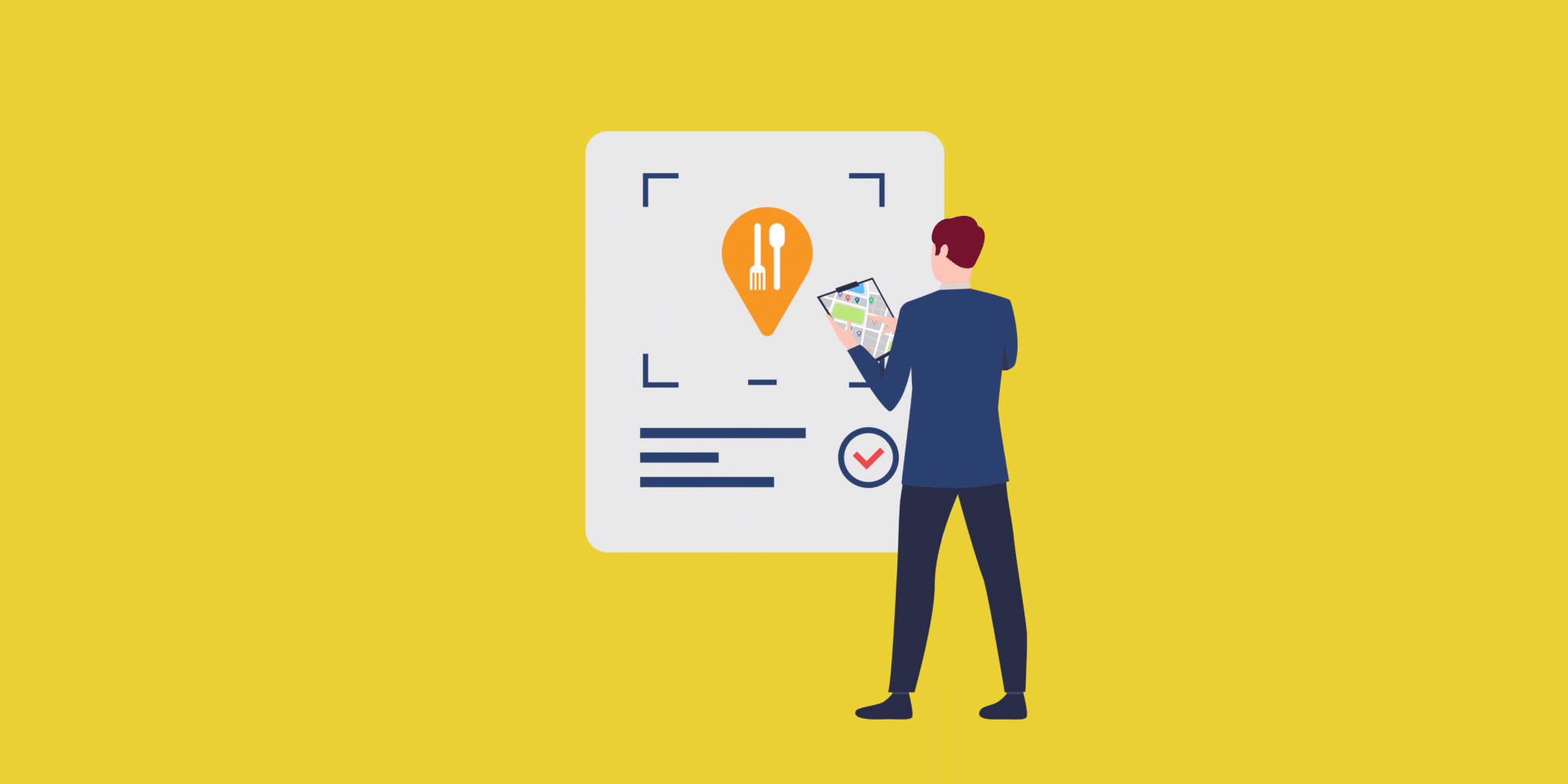Guest Post by Josh Liebman, host of the Guest Experience Show on giving both confidence and competence to your employees.
Oftentimes, leaders set a high standard for their staff that they will be experts regarding everything related to the business beginning on day one. While ongoing training combined with high retention will lead to a continuous increase in competence, the complexities and fluid nature of your business will result in employees not always having the answer at hand.

Share this article
This is only a bad thing if they respond with “I don’t know,” and they take no further action. Instead, provide your staff with not only all of the knowledge that they need to know in order to answer guests’ questions but the tools to provide a better response, even if they don’t know the answer.
Information can frequently be a large friction point when it comes to employee development. Matt Heller, Founder of Performance Optimist Consulting, says that “When you talk to a frontline employee, and they don’t have the right information, they’re going to make something up (which won’t be good for your guest experience), or they’re going to say, ‘Well, I’m not really sure. You’ll have to ask somebody else.’”
An employee not knowing an answer and not offering to provide it creates more frustration for the guest than they expect. It can be presumed that the guest already has some level of frustration (even if very small) for the fact that they have a question in the first place that they need answered. Add in the fact that the person they expected to be the expert not only cannot answer their question, but offers no guidance in assisting them in finding the solution. The guest continues their quest with even greater frustration than they felt when they made the initial inquiry.
The solution? Every employee must have both competence and confidence. Not just competence and not just confidence, but an equal blend of the two. When these two are combined, the likelihood of a) the employee not knowing the answer declines, and b) an unknown answer will no longer be responded to with “I don’t know” or “go ask someone else.”
Competence, which is synonymous with proficiency, can be built through training. Employees develop competence by learning the information that is required for their job, retaining that information, and then having the ability to deliver it when necessary. As we know, some knowledge becomes part of an employee’s routine, such as the immediate mechanics of their job functions, whereas other knowledge may not become second nature as easily if it is not part of their routine or a question that they are often asked.
For information that is not often utilized, or filed somewhere in the back of our staff’s brains, the competence must be delivered through a resource where information can be found. This can include a map, an app, or even a Google search if the information is available publicly. If the employee does not know the answer, but knows where to find the answer, they can replace “I don’t know” with “that’s a great question, let’s find out together.” By the end of the interaction, the guest has the information they requested, and the employee has a reminder that they are more likely to remember, which will allow them to help a guest more efficiently in the future if the question comes up again.
The second part of the solution is related to confidence. It’s one thing to have the information, and it’s another to have the comfort level to provide it. In order to gain confidence, it must be repeated enough times that it becomes comfortable. Just like the competence that forms more easily when the job duties become second nature, repeating an action builds comfort in the ability to deliver it, leading to confidence.
 Josh Liebman specializes in guest experience in the attractions industry, specifically focusing on hospitality standards, complaint resolution, and driving guest loyalty. Josh has worked for some of the top operators in the world, including Disney, Universal, Merlin, and Cedar Fair, and has worked closely with several others throughout the United States. Josh hosts The Guest Experience Show for ROLLER Software, the guest experience platform for attractions, tourism, and leisure venues.
Josh Liebman specializes in guest experience in the attractions industry, specifically focusing on hospitality standards, complaint resolution, and driving guest loyalty. Josh has worked for some of the top operators in the world, including Disney, Universal, Merlin, and Cedar Fair, and has worked closely with several others throughout the United States. Josh hosts The Guest Experience Show for ROLLER Software, the guest experience platform for attractions, tourism, and leisure venues.


